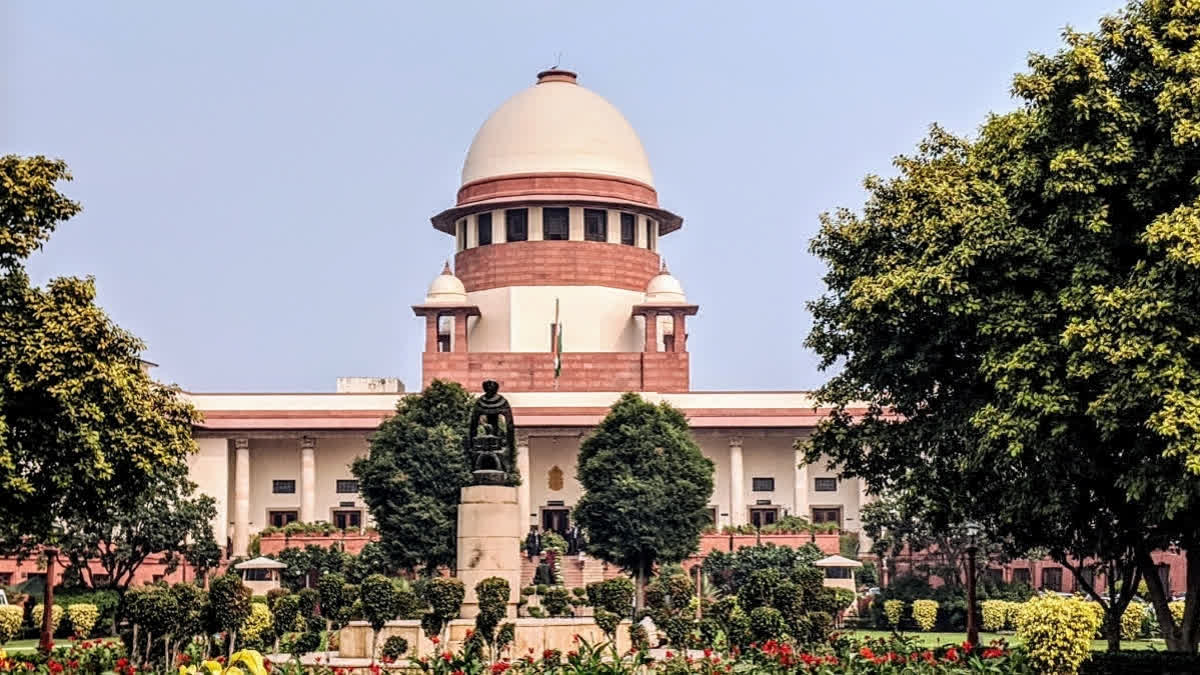New Delhi: The Supreme Court on Tuesday observed that it seems state governments have enough money to give freebies to people, who do not work, but they cite financial constraints in connection with the salary and pension to judges’ of the district judiciary.
The matter came up before a bench comprising Justices BR Gavai and AG Masih. Attorney General R Venkataramani contended before the bench that the government has to consider financial constraints while taking a decision regarding the pay and retirement benefits of judicial officers.
The bench pointed at promises made by political parties ahead of the upcoming assembly polls in Delhi next month and also cited the Ladli-Behna Yojna by the Maharashtra government. The AG contended that the pension liability of the government has burgeoned over the years. He stressed that financial constraints must be considered while deciding pay pension scales
The bench observed that state governments’ have enough money to pay to people, who do not work but cite financial constraints when the matter is regarding the district judiciary. "In Delhi, we have announcements now from some party or the other saying they will pay ₹2500 if they come to power," observed the bench.
The AG submitted that freebie culture can be considered an aberration, and drew the court's attention towards pragmatic concerns in connection with the financial burdens.
Amicus curiae senior advocate Parameshwar K, citing Article 309 of the Constitution, which gives the executive and the legislature the power to prescribe the service conditions of the judiciary, argued that it does not mean that the judiciary does not have any say in the matter. Parameshwar said if we want a more diversified judiciary, I think we need to pay our judges better, and take care of our judges better.
Citing the new pension scheme, the AG said the government had taken into account a wide range of factors including the cumulative financial burden on the state exchequer over a period of time.
The apex court was considering a plea filed in 2015 by the All India Judges Association, and it had previously observed that pension rates payable to district judges in India are meagre. The apex court will continue to hear the matter tomorrow.



